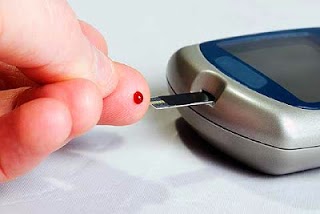Obesity (bariatric) surgery has become accepted as an option for the treatment of type 2 diabetes by most diabetes guidelines around the world. The data on which these recommendations are based are from shorter studies, from weeks to months to up to 2 years.
Now, in a landmark randomized controlled trial published in the New England Journal of Medicine, 3 year data shows us that the benefit of bariatric surgery to diabetes control is sustained out to at least 3 years.
The study, called the
STAMPEDE study, randomized 150 people with type 2 diabetes, to receive either intensive medical treatment of diabetes alone (with a goal A1C of 6.0%), vs medical treatment plus gastric bypass surgery, vs medical treatment plus sleeve gastrectomy.
The study clearly shows that gastric bypass surgery and sleeve gastrectomy are superior to intensive medical therapy alone, to have control of type 2 diabetes at 3 years. Thirty-eight percent of patients who had gastric bypass surgery had tight control at 3 years, compared to 24% after sleeve gastrectomy, compared to only 5% receiving medical treatment alone. (The difference between the gastric bypass and sleeve groups was not statistically significant.)
With the above being said, I do take issue to how this study was structured, in that the goals for control of diabetes were too tight. We no longer recommend an A1C of 6.0% as a goal, as a landmark study (the ACCORD study) showed that control this tight was associated with an increased risk of death. It would be interesting to know how the numbers would have panned out if the commonly accepted A1C target of 7.0% was used instead.
However, the point of the article remains that gastric bypass and sleeve gastrectomy results in control of type 2 diabetes in significantly more patients than medical treatment alone. There is no doubt that Bariatric surgery is an important tool in our toolbox of diabetes therapy in the 21st century.
Follow me on twitter: @drsuepedersen

